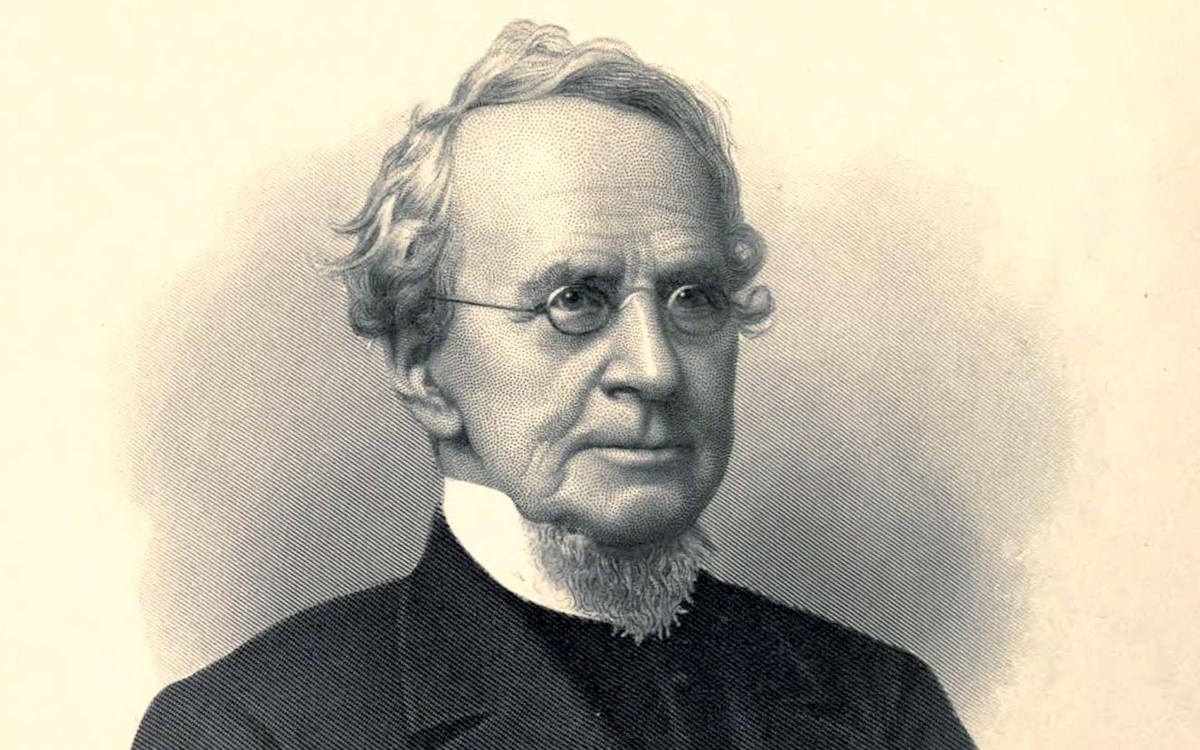March 28, 2024
John Williamson Nevin and the Revival of the Evangelical Mind
While the long 19th century gave birth to a variety of intellectual movements, it also saw its fair share of anti-intellectualism. The fallout from the Second Great Awakening was one such example; this era of American religious life witnessed the rise of pietism and biblicism, both of which called into question the value of both classical theological education and church history as a guide to biblical interpretation. Continue Reading...
